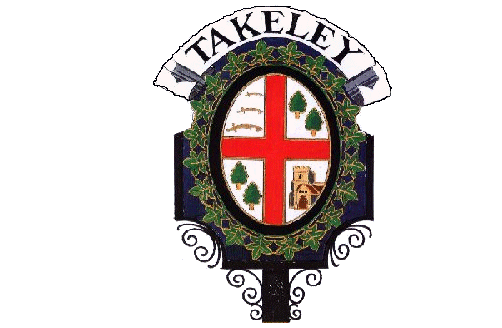|
1721-1811
Peter Parker is said to have been descended from the family of Archbishop Matthew Parker. His father was Admiral Christopher Parker, who died in Dublin in 1763. Parker himself entered the Navy at an early age as a midshipman, became a lieutenant in 1743 & a post-captain in 1749.
When the war with France broke out in 1756 he was appointed to command the frigate Margate, & after the invasion of Minorca was transferred at the Leeward Islands to the Woolwich. He captured Guadaloupe in this ship & then was given command of the Bristol.
An appointment to the Montague followed his return to Britain, & he sailed in the Channel taking several prizes. He was very successful off Belle Isle in his next command — the Buckingham, & this led to his appointment with a squadron of five more ships to attack French shipping in the Basque roads & to destroy the fortifications in the island of Aix. This enterprise was again very successful.
In 1762 the Buckingham was dismantled & Parker was appointed Captain of the 74 gun Terrible, but the peace soon put this ship out of commission, & he was unemployed for some years. He was however rewarded for his services with a knighthood in 1772, & when the war with America broke out he was placed in command of the American station with the rank of Commodore.
He arrived in America in the newly launched Bristol with a squadron of war ships & a fleet of transport ships carrying soldiers to join up with British loyalists in North Carolina. However the delay caused by bad weather meant that the Americans had been able to prepare their defences. Parker & his men & the soldiers fought with great bravery, but their losses were severe. It was described as “gallant but sanguinary engagement” The reduction of Rhode Island was more successful & he was able to blockade the chief American naval force at the harbour of New Providence.
Parker remained in command at New York until 1777 when he was promoted to Rear Admiral of the Blue & sent to the Jamaica station. He distinguished himself at this time with an attack on the coast of South America, in which his son Captain Christopher Parker also took part. By 1779 he had become Vice Admiral of the Blue, & then of the White, & was created a baronet.
It was during this time in Jamaica that Parker was able to promote the careers of both Nelson & Collingwood. After an appointment as Admiral of the Blue in 1787 Parker returned to Portsmouth as Commander in Chief. The war with France had resumed, & Parker replaced Lord Howe as Admiral of the Fleet & General of Marines.
In the same year Parker was elected M.P. for the borough of Maldon in Essex & rented & then bought the Manor of Bassingbourne in Takeley, Essex from the family of Francis Bernard. It was during this period that the road onto Stane Street was improved & the Lodge Houses built with the fine iron gates, sadly now disappeared.
Parker was to play a leading role in the state funeral of Horatio, Lord Nelson both as a personal friend & as the senior naval figure.
While living at Bassingbourne Parker exerted himself to improve the grounds, & in this process became involved in legal disputes with the Barringtons family, the owners of Hatfield Forest. He also had a house in London where he died in 1811. Between 1799 & 1801 Bassingbourne Hall was rented to Robert Fowler, Archbishop of Dublin.
Peter Parker had married Margaret, daughter of Walter Nugent who belonged to the family of the Earls of Westmeath. She died in 1803. His eldest son Vice Admiral Christopher Parker had died in 1794. His daughters Ann & Antoinetta had married two cousins, John & George Ellis who were members of the Seaford family. George Ellis was a well know literary figure at the time. A descendant of John Ellis married into a French family.
Both Peter & Margaret Parker were buried at St Margaret’s church Westminster in the parish where they owned a house. The grave yard has been destroyed so we no longer know what their tombs looked like.
With the death in 1869 of Charles Christopher Parker the baronetcy became extinct.
Parker figures in much of the naval correspondence of the period, & there are extant letters between Lady Parker. Nelson never forgot the debt which he owed to Sir Peter Parker.
|



